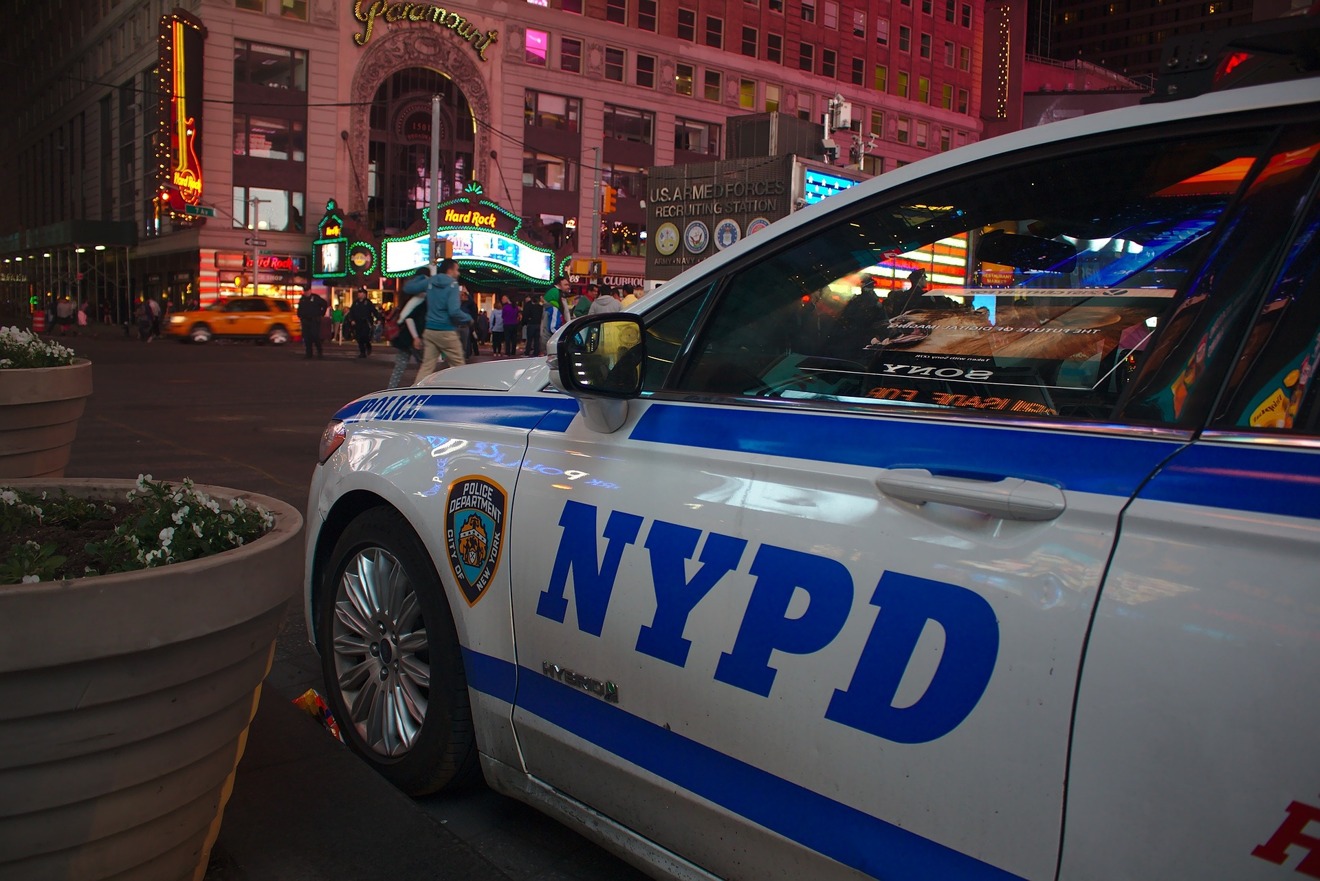On February 17, the New York Police Department will retire the tradition of handwritten memo books in favor of documenting a patrol on a custom iPhone app.
The memo books, used for over a century, were handwritten by officers. An officer would keep records of patrols, arrests, victim and witness statements, and even an officer's lunch breaks. According to the New York Times, The NYPD is making the switch in order to better organize and subsequently access logged information.
By switching to a digital version, the department will be able to easily search entries by date or keyword, rather than searching through physical books. It also means an officer does not need to relinquish their memo book when the information is needed, saving both time, travel, and effort.
"It gives us the abilities we did not have before, when memo books were left in officers' lockers and we didn't have access to a vast amount of information," Deputy Chief Anthony Tasso said.
The new digital memo books will be stored within the officers' iPhones, of which NYPD owns about 37,000. The NYPD began using iPhones in 2015 and quickly found them to be a boon in their daily lives. Officers can quickly search department databases instead of waiting for radio dispatchers to relay important information.
The new app, developed by the department, has received input from NYPD police officers. It gives officers fields to enter details about patrol shifts, their vehicles, 911 responses, and other information.
The app will offset a lot of problems that handwritten memo books present, such as inconsistent entry styles and illegible handwriting. It also prevents old abuses, such as officers leaving space to add entries retroactively.
It allows the department to collect something Chief Tasso calls "clean data." Additionally, the app will allow officers to upload important photos, which, when tethered with entries into the app, can give a more holistic view of the situations recorded.
Even though many officers and department heads see the shift as a good thing, many officers aren't quite ready for the change.
"There's a lot of nostalgia to keeping these logs," said Officer Michael Ignatz, a 14-year veteran at the 90th Precinct. "I'm a pen and paper guy, so it's a big change. For the younger guys, it's an easier transition."
 Amber Neely
Amber Neely







-m.jpg)






 Charles Martin
Charles Martin

 Malcolm Owen
Malcolm Owen
 William Gallagher
William Gallagher

 Christine McKee
Christine McKee
 Wesley Hilliard
Wesley Hilliard








8 Comments
Hopefully all the tickets are digitally hashed to assure that no data is altered afterwards just as it "prevents old abuses, such as officers leaving space to add entries retroactively."
I have just one word to say: Iowa!